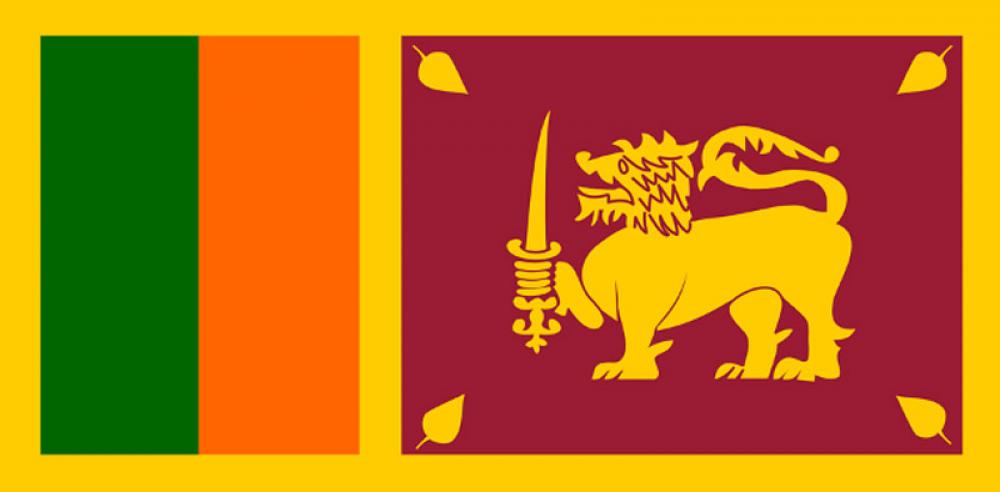South Asia Monitor/JEN | @justearthnews | 24 Mar 2021

Image: Pixabay
Caught between political compulsions and diplomatic obligations, India abstained from voting on a UNHRC resolution critical of the Sri Lankan government and calls for the promotion of reconciliation, accountability, and human rights, along with some strong punitive measures.
Out of the total of 47 voting members of the UNHRC, 22 voted in favor, 14 against, and 11 countries abstained. Among the countries that voted against the resolution include China, Russia, Pakistan, and Bangladesh. India and Nepal abstained.
India while extending its support for reconciliation, justice, devolution of power for Sri Lankan Tamils, also extended its support for the unity and sovereignty of the Sri Lankan state. And these two goals, India claimed, are not mutually exclusive.
Both the Sri Lankan government and the Tamil National Alliance had sought support from India, and both of them were desiring different outcomes. India’s abstention seemed the obvious choice to placate both of them.
The resolution also called for setting up a special office - for independently collecting the evidence of war crimes- with a budget of $2.3 million for the UN human rights commissioner.
Sri Lankan Foreign Minister Dinesh Gunawardena thanked and extended his appreciation for the countries who voted against the resolution or abstained from it. The fact that more countries voted against or abstained than those voted in favor shows that the resolution doesn’t have popular support, said Gunawardena.
Calling the resolution “politically motivated”, he said the UNHRC went beyond its mandate, and the provisions incorporated in the resolution can not be materialized without the cooperation from the Sri Lankan government.